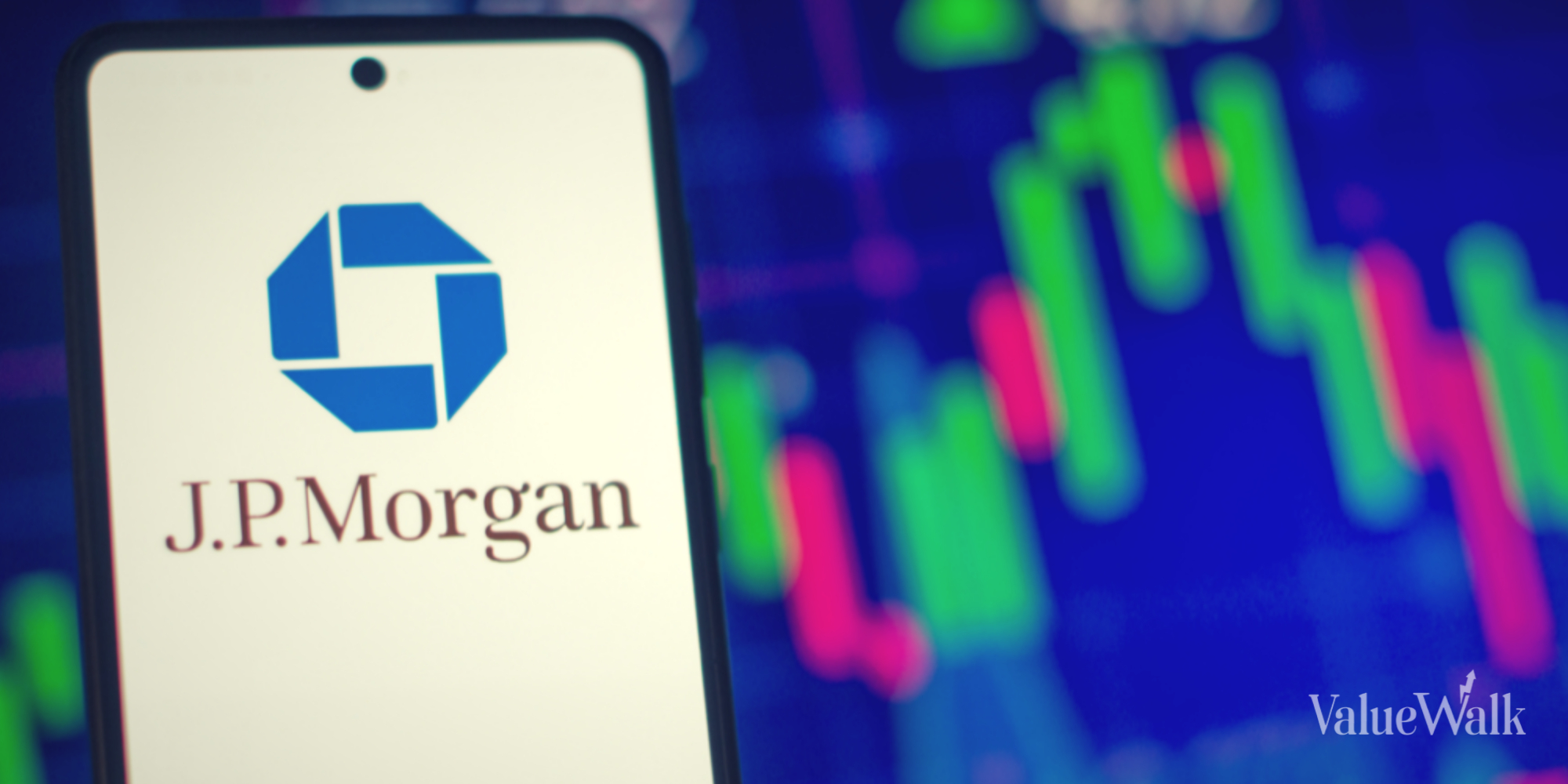Groupon announced on Monday, April 20th that it has agreed to sell a controlling interest in the South Korean online shopping site Ticket Monster to a PE group including KKR, Anchor Equity partners and TMON management. The group is buying a 46% of the company for $360 million, leaving Groupon with 41% of the firm. Of note, the deal values Ticket Monster at just under $800 million.
The deal represents a very nice profit for Groupon, given the firm bought Ticket Monster for just $260 million from social commerce rival LivingSocial less than 15 months ago.
More on Groupon’s sale of Ticket Monster
The PE group acquiring a controlling interest in Ticket Monster includes the company’s founder Daniel Shin, KKR, as well as Hong Kong’s Anchor Equity Partners (Asia), a PE firm run by am ex-Goldman Sachs partner.
According to an article in the Wall Street Journal, Canada Pension Plan Investment Board and Pavilion Capital, controlled by Singapore state investment firm Temasek Holding are also part of the consortium investing in Ticket Monster.
Analysts note that South Korea’s mobile commerce market is highly prized by outside investors. At the end of last year, Ticket Monster’s rival Coupang raised $300 million in an investment round led by BlackRock that valued the rapidly growing firm at close to $2 billion. Silicon Valley-based Sequoia Partners and Herbalife short William Ackman are investors in Coupang.
According to regulatory filings, Ticket Monster produced 157.5 billion Korean won ($146 million) in revenue in 2014, not quite half of Coupang’s 348.5 billion won in sales last year. Of interest, South Korea’s third biggest ecommerce player Wemakeprice brought in 125.9 billion won in sales over the last 12 months.
When it closes, the deal will net Groupon close to $200 million, which the company notes it will use for a share buyback and for general corporate needs. The Chicago-based ecommerce conglomerate also noted that the BoD had recently approved a $300 million share buyback program.





